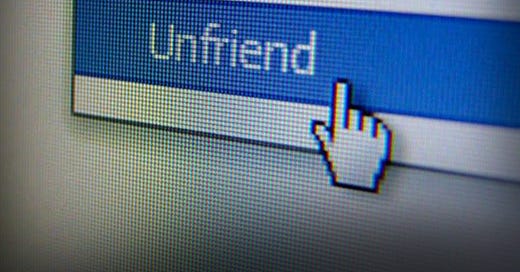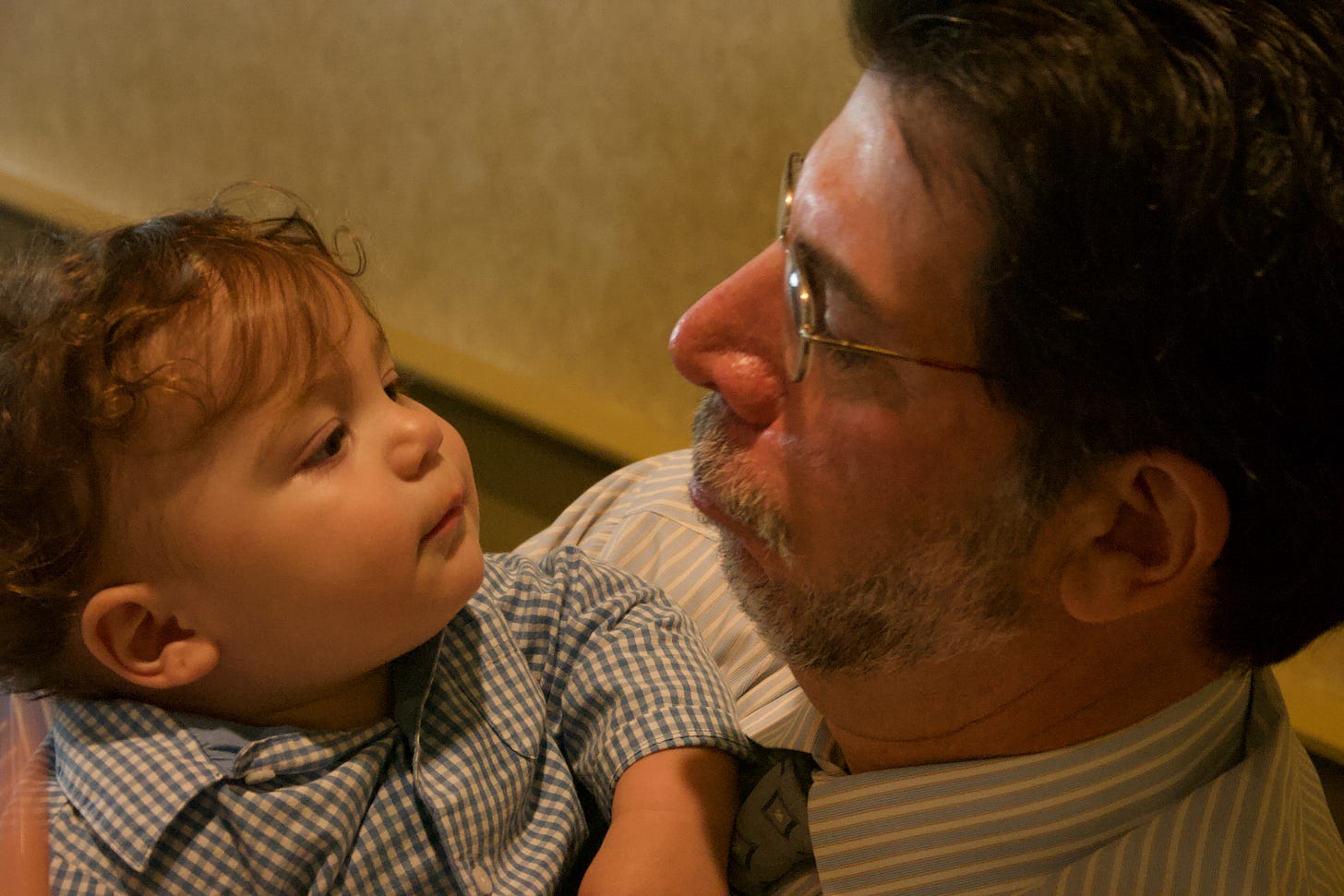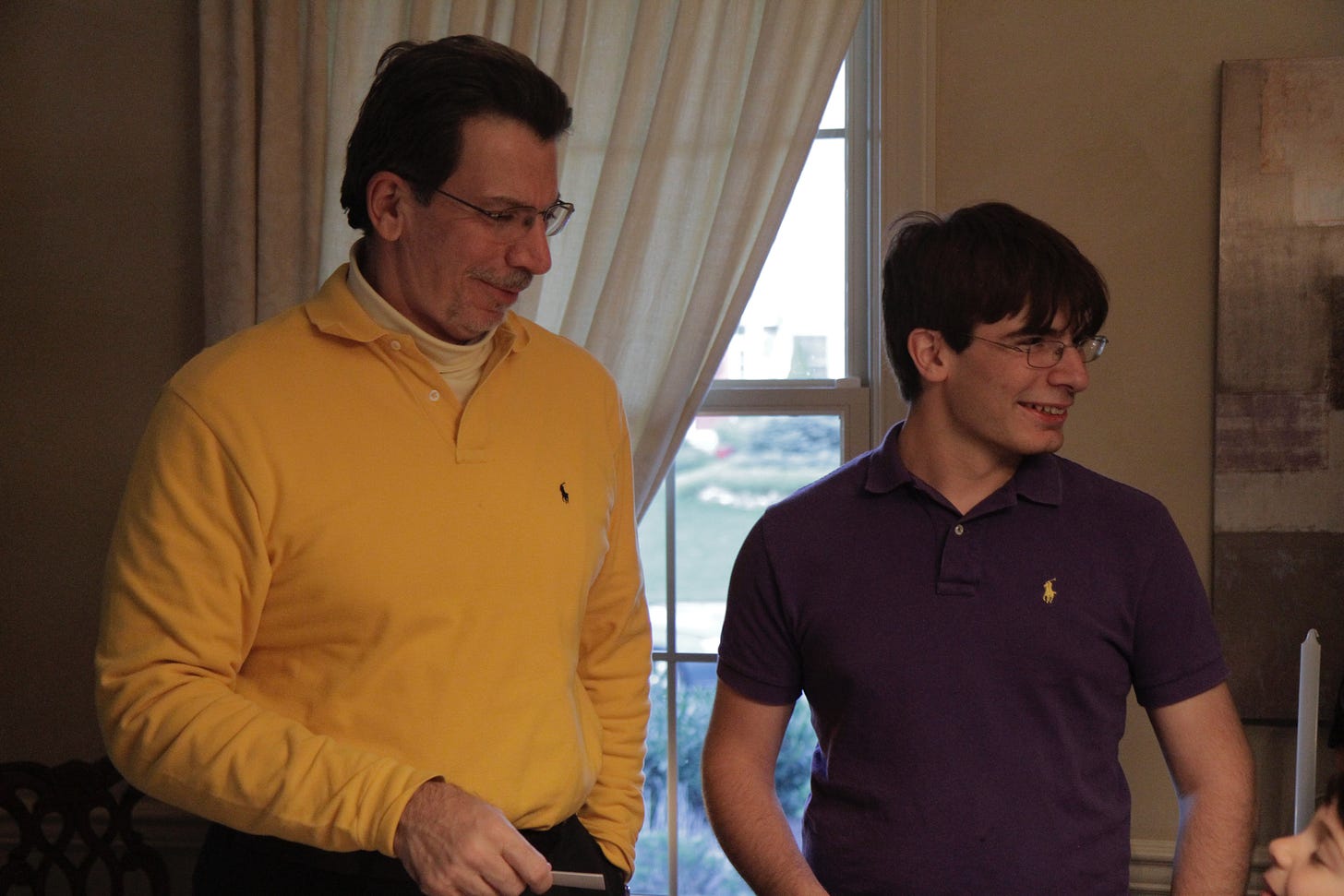Have you noticed that peanuts are almost as hard to find in schools today as a conservative professor at a so-called “elite” university? Elementary schools across the country, often at the insistence of parents, have banned nuts of all kinds (except the psychological kind, of course) and peanut products in particular.
The reason at first glance is simple: there’s been a massive rise in severe peanut allergies among kids in America and, interestingly, throughout the Western world in particular. According to studies from the NIH and the Annuls of Allergy, Asthma & Immunology, peanut allergies more than tripled from 1997 to 2008 and have only continued to grow since. Of course, this is a serious problem — peanuts can be fatal if an allergy exists. The desire to protect those kids from so much as a single peanut is understandable.
The problem, however, is that all the precautions and sterilization appear to have been one of the major causes of the increase in mass sensitivity. A multitude of studies and clinical tests have shown that exposure to allergens in small doses early actually helps to reduce the severity of the allergy.
You may be asking yourself, “John, are you seriously writing to us today about peanut allergies?”
My answer: not quite.
Food allergies aren’t the only immune system problems on the rise in the West. Auto-immune diseases, such as rheumatoid arthritis, lupus, and Crohn’s, where the immune system begins attacking healthy cells as if they’re dangerous pathogens, are also increasing sharply. Many researchers believe that we can trace this rise to our increasingly “safe” world, as well.
Our immune system is essential to survival. It’s also anti-fragile. It gets stronger through exposure to the very dangers it’s built to protect us from. But without this essential practice of developing healthy immune responses through repeated exposure, this essential system for human flourishing can destroy us.
The Importance of Identity
Our sense of group identity and belonging is as essential to our survival as a functioning immune system. There’s a reason that solitary confinement is considered an extreme punishment for people in prison. We’re social creatures.
We survived and became the dominant species on this planet not because we’re the biggest or the strongest, but because we’re able to coordinate in groups.
As social psychologist Jonathan Haidt described in his book The Righteous Mind, we’re 90 percent ape (individualistic) and 10 percent bee (groupish). We are tribal creatures at our core. You can wish it away all day long, but it’s an immutable fact of human nature.
Birds of a feather flock together for a reason. The group provides protection in numbers.
Those shared feathers make it easy to know who is in the group and who is not. They protect the flock from external threats, just as the immune system protects the body from external pathogens.
My Italian Affection
I’m reminded of this on a personal level because I just got back from my fifth trip to Italy. I loved it. But why did I love it? I wasn’t born in Italy! Neither were my parents or my grandparents. It was my great-grandparents who were born in southern Italy and immigrated to Philadelphia in the early 1900s. And yet, I can feel this current of pride that all of my grandparents were from Italy. I’m 100 percent Italian. Well, technically… I’m 93% Italian according to 23andMe. The remaining 7% is Middle Eastern and North African, so I’m told.
My tribal affection for being of Italian descent is weird, especially when you spend time in Italy and realize that actual Italians barely see each other as being part of the same country. Italy was the last European country to unify. The people of Napoli, Naples, resent Garibaldi, the man who unified the country, and see their city as the true capital, not Rome. The northerners look down on the southerners and are quick to remind you that “We don’t say mamma mia here!”.
They each refer to themselves with pride from their regions. Romans. Milanese. Venetians. Siciliano.
Of course, none of this is weird at all. The Italians are just being groupish too, like every other kind of person on this planet. You and I included.
It feels good to belong to a group — to have shared customs, values, language, symbols, and stories. It feels good to see other people scream and yell at each other like my family does. “See, this is where we get it from,” I tell my son. It’s familiar. It fills you with a strange warmth. You’re not alone.
When we don’t have, or feel like we have, a family to truly belong to, we seek one out and create it. In his book, The Revolt of the Public, author Martin Gurri notes that across numerous youth protests around the world, a common theme was the protesters finding a sense of group belonging. Many explicitly called their fellow protestors “family”.
Frankly, I think this is the primary underlying reason for their protests in the first place. They long to belong to something.
Mr. Peanut Becomes Poison
But Gurri’s careful survey of these protest movements also lays bare the dark side of our groupish nature. Though we may find “family” being with people who share our values, things get very heated very quickly when the group is unified against an enemy from another tribe: foreign pathogens.
Sometimes, that common enemy is all that’s required to hold the group together. Our identities bind, but they also blind.
What else could explain the bizarre marriage of the so-called American “progressive” movement with the explicitly genocidal “From the River to the Sea” Palestinian movement? You’ll struggle to find a unifying set of positive values.
There’s no shared constructive vision. Women’s rights? Gay rights? Any individual rights? There is no alignment. But they are, however, unified in opposition to Western, liberal, democratic capitalism. And, it seems, in opposition to the Jews themselves. Without a Jewish tribal enemy, you’d never see these factions on the streets together.
Identity politics, like auto-immune disorders, attacks every existing system and structure, whether they be sick or healthy. It hijacks this inescapably tribal part of our nature and our need for belonging. We’re then left with nothing to show for it but disease and division. This is identity at its absolute worst. The immune system gone haywire, trying to kill the host.
Mr. Peanut becomes poison.
I Miss You, Uncle Bill
So… what do we do about this? How do we get the best out of our groupish, tribal nature without letting the dark side turn us into close-minded, divisive morons who ruin Thanksgiving dinner, or worse, end up driving us into World War III? How do we reactivate our consciousness?
One answer comes from computer scientist and tech investor Paul Graham back in 2009, noting that even debates over programming languages tended to devolve into identitarian, quasi-religious flame wars. His advice? Keep your identity small. He wrote, “If people can't think clearly about anything that has become part of their identity, then all other things being equal, the best plan is to let as few things into your identity as possible.”
This seems like pretty solid advice, in theory. The problem is that it begs the question of which identity you will elevate to the center of your life.
The opposite approach is to make your identity so large and broad that it’s unifying, rather than divisive.
This is going to sound nationalistic, which I must say that I’m personally conflicted about given my own philosophy, but I think being an American has served this unifying role, at least for Americans, to positive effect in the past. After all, we’re a rare country founded on the basis of the ideas of individual and religious liberty, rather than bloodlines, race or creed. This is why Martin Luther King could appeal to these American principles in his call for us to become a color-blind society. We have plenty to be critical of, but also even more to be proud of as Americans.
Here’s the best advice I’ve got, which I try to live by with mixed success: accept the fact that your identity isn’t one thing, but a set of concentric circles of concern.
You are partly your unique set of ideas and experiences. You are partly your hopes and dreams, partly your family, your religion, and heritage. You are partly a friend, a member of a local community and person on a career path with a professional identity. And yes, your political identity takes up part of the pie chart as well.
Be at peace with all those different circles of concern and focus on the one that helps you in treating other people as you would hope to be treated yourself. Any identity that makes you feel anxious about foreign pathogens is probably not the best identity to give priority to.
Rely on the identity that calls you to be your best.
As a Christian, this is my calling: to love my enemies as myself.
I learned this lesson from an early age, debating politics with my Uncle Bill. I was a little Alex P. Keaton-loving Republican kid and he was a liberal Democrat trial lawyer in Philly. We would get into pretty heated debates every time we got together for the holidays. I learned a lot about how to argue from time spent with him. Very often I was just an ill-informed kid who needed to get schooled by my uncle. That was good for me.
Those debates with my Uncle Bill were a form of social exposure therapy, delivering controlled amounts of political peanut dust in a safe environment within the larger circle of family. They were a tincture of disagreement and discomfort that strengthened my social immune system and taught it how to survive confrontation.
I learned that my identity wasn’t endangered by taking an opposing point of view seriously. I wasn’t going to “literally die” if I turned out to be wrong.
Neither will you.
The people in your life who care about you, who love you, and who you love in return, are the essential healthy cells in your social body. They are the reasons you have this longing group identity coded in your DNA in the first place. But if you let your politics become your identity, and your tribal identity define your politics, you will trigger the auto-immune disease response, and turn on them.
My Uncle Bill and I spent most of my life debating each other about politics and never letting it get between us. His son (my cousin Billy) is now a brilliant young lawyer who’s followed in his father and mother’s footsteps, and I have struggled with that. In the past few years, we’ve allowed our politics to get the best of us. Billy’s progressivism makes my Uncle Bill look like Ronald Reagan by comparison, and it’s made me angry at times.
I’m not proud of this, but at one point I even unfriended him on Facebook, like a total asshole. I mean, seriously? This is my cousin! What came over me?
The auto-immune disease consumed my brain.
Last year, I lost my Uncle Bill to complications of what should have been a routine heart procedure, which means that my cousin lost his dad. This tragedy put everything back into perspective for the both of us. It was like a shock therapy to the social immune system and restored a healthy relationship to the group identity I care about most: family.
We agreed to never let silly political disagreements come between us, and last summer, I got to enjoy seeing him get married to a lovely young woman who I will absolutely avoid getting into political arguments with. Our identities do matter. They matter a lot. But we need to understand which identities matter most, which are worth fighting for, and which should be put in their place.
And I believe the ones that serve us the best are those that bring us together, not the ones that drive us apart.







Very well written. Thank you for including the text. I would go one step further in a future post and talk about how to make your identity less political. What specific steps do you take to broaden and diversify your identity?